Explore Classical Studies journals
Explore Classical Studies books
April Monographs
March Monographs
New titles
-
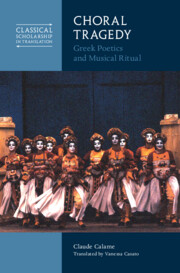
- Book
Choral Tragedy
-
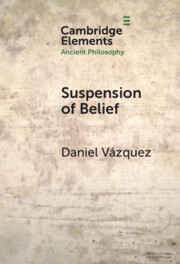
- Element
Suspension of Belief
Classical Studies series
-

Antiquity in Global Context
- Series
-
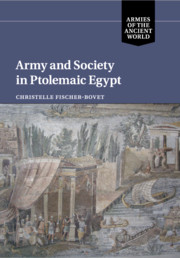
Armies of the Ancient World
- Series
-
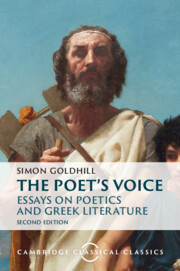
Cambridge Classical Classics
- Series
-
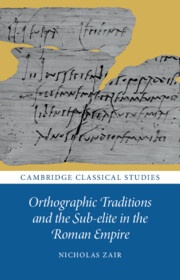
Cambridge Classical Studies
- Series
Classical Studies - Journals blog
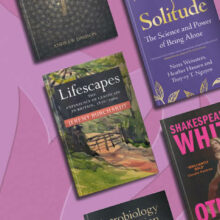
-
From the Author: Visualizing Race Virtually with Dr. David Sterling Brown
- 07 March 2024,
- Dr. David Sterling Brown is an award-winning author and a tenured Associate Professor of English at Trinity College, Connecticut. His book, Shakespeare’s...
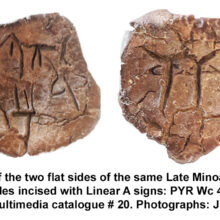
-
Multimedia at Minoan Myrtos–Pyrgos, Crete
- 19 February 2024,
- It is rare in the scholarship of Bronze Age Crete, during a period as old as the third and second millennia BCE, to present an inclusive account and analysis...

-
The importance of open access publishing for the arts and humanities
- 20 December 2023,
- Between 2012 and 2014, I held a two-year Wellcome Trust Research Leave Award (WT096499AIA) for a project on women surgeons in Britain, 1860-1918.…
Classical Studies - Books blog
-
America’s First Pacific Empire
- 25 April 2024,
- Beginning in the 1850s, the United States took its first, incautious steps toward developing an overseas empire in the Pacific. In the end, the empire would The post America’s First Pacific Empire first appeared on Fifteen Eighty Four | Cambridge University Press....
-
‘‘Rainy, rainy rattle-stanes’: Ritual responses to extreme weather in Late Antiquity’
- 24 April 2024,
- As I write this, England has had the wettest twelve months since 1871 (although it has seemingly been drier in Scotland, where I live – even if it does not The post ‘‘Rainy, rainy rattle-stanes’: Ritual responses to extreme weather in Late Antiquity’ first appeared on Fifteen Eighty Four | Cambridge University Press....
-
Not Broke, but You Can See the Cracks
- 04 April 2024,
- “Not as bad as we might have feared; not as good as we might have hoped” is one way to think of the four years in which Donald Trump put his uniquely Trumpian The post Not Broke, but You Can See the Cracks first appeared on Fifteen Eighty Four | Cambridge University Press....
Color Us Greek
While it’s too much to imagine that those endlessly fascinating Greek ancestors of ours were color-blind, they most certainly were keen on marking difference, linguistically and geographically. But what about “racially?” What was “blackness” to a citizen of Ancient Greece, and what did the blackness of Sub-Saharan Africans, in fact, signify? And what in the world did an “Ethiopian” such as Memnon, whose people were favored by the gods, appear to be physically in the Greek imagination? Speculation about such complex matters has never elicited more energetic speculation and wishful thinking from scholars, journalists, and filmmakers than today, who inevitably read Greek attitudes toward physical differences through the lens of black-white race relations in the West today. Which is why Sarah Derbew’s Untangling Blackness in Greek Antiquity is a most welcome corrective to the school of Afrocentricity that would paint even Greek-descended Cleopatra black. Bringing deep learning and calm, convincing reasoning to a politically-loaded subject is always difficult. But Professor Derbew accomplishes this task with eloquence, grace, and hard-hitting analytical skills that make this book must reading for all of us who long to know how racial differences manifested themselves in the sublime culture from which we all descend.



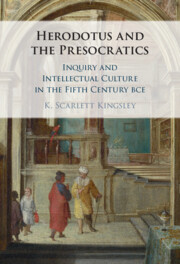
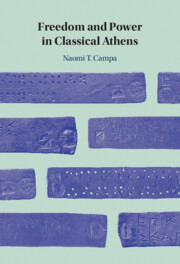
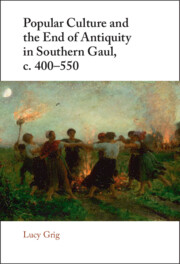
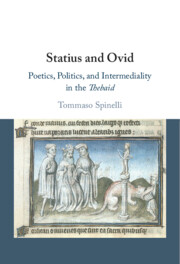
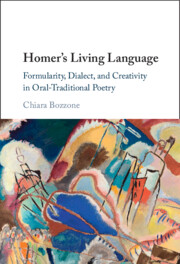
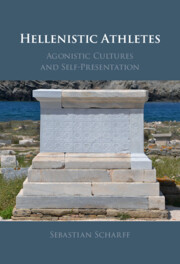
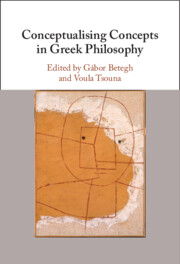
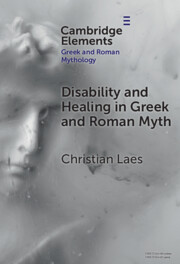
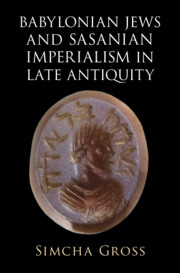
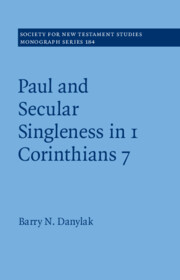
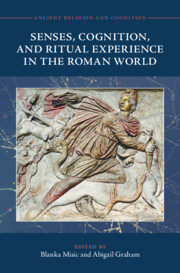
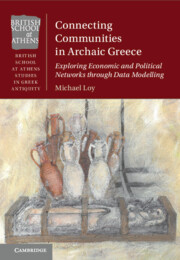
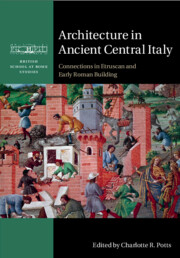
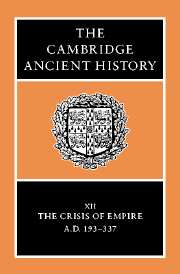
Tweets by CambUP_Classics
Cambridge on Facebook